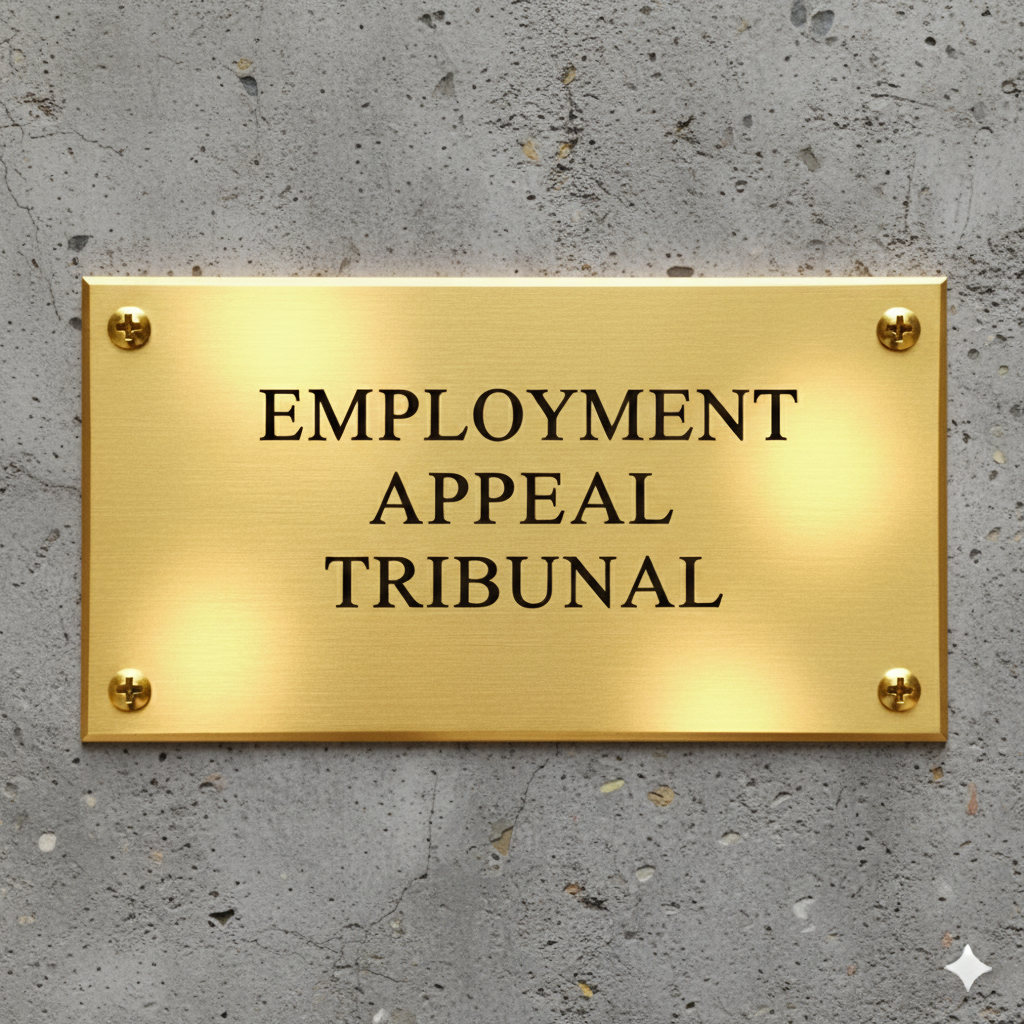Ambulance Trust Not Required to Provide FFP3 Mask Over Anxiety, Tribunal Rules
The Employment Appeal Tribunal upheld a ruling that the North-East Ambulance NHS Foundation Trust did not fail to make reasonable adjustments by declining to provide a non-emergency ambulance driver with an FFP3 mask.
• public
Ambulance Trust's Mask Policy Upheld by Employment Appeal Tribunal
The Employment Appeal Tribunal (EAT) has dismissed an appeal by Mr. K Hindmarch against the North-East Ambulance NHS Foundation Trust, upholding the original Employment Tribunal's decision in case EA-2024-000231-OO. The core issue revolved around the Trust's refusal to provide Mr. Hindmarch, a non-emergency ambulance driver, with an FFP3 mask.
Background: Anxiety and Masking Requirements
Mr. Hindmarch, an Ambulance Care Assistant, suffered from anxiety, exacerbated by the COVID-19 pandemic, and requested an FFP3 mask when transporting COVID-positive patients. Emergency ambulance drivers were provided with FFP3 masks due to their potential exposure to Aerosol Generating Procedures (AGPs), while non-emergency drivers received FFP2 masks.
The Tribunal's Reasoning
The Employment Tribunal dismissed Mr. Hindmarch's claims of disability discrimination (failure to make reasonable adjustments under sections 20(3) and 20(5) of the Equality Act 2010) and unfair dismissal. The Tribunal accepted the Trust's argument that Mr. Hindmarch's anxiety was so profound that even with an FFP3 mask, there was no realistic prospect of him returning to work. The Tribunal considered evidence from both sides and found that the Trust had valid reasons for denying the request. They based their decision on national guidance, practicality and the fact that it would not alleviate the anxiety.
Appeal Dismissed
The EAT, presided over by The Honourable Mr Justice Cavanagh, found no misdirection of law in the original Tribunal's decision. The judgment explored the correct approach to cases where a proposed adjustment would not positively impact the claimant. The EAT also agreed that the dismissal was fair, as the Tribunal had correctly applied the law to the facts and did not automatically assume that the unfair dismissal claim should fail because the reasonable adjustments claim failed.
Key Considerations in the Judgment
The EAT underscored the importance of considering whether a proposed adjustment has a 'real prospect' of making a positive difference for the claimant. The EAT agreed with the Employment Tribunal that it was reasonable that providing an FFP3 mask would not make a difference in the claimant returning to work.
Legal Representation
Mr. Hindmarch was represented by Gus Baker (instructed by Ronald Fletcher Baker LLP), while Andrew Webster (instructed by DAC Beachcroft) represented the North-East Ambulance NHS Foundation Trust.
Read the entire judgement here: Mr K Hindmarch v North-East Ambulance NHS Foundation Trust [2025] EAT 87
